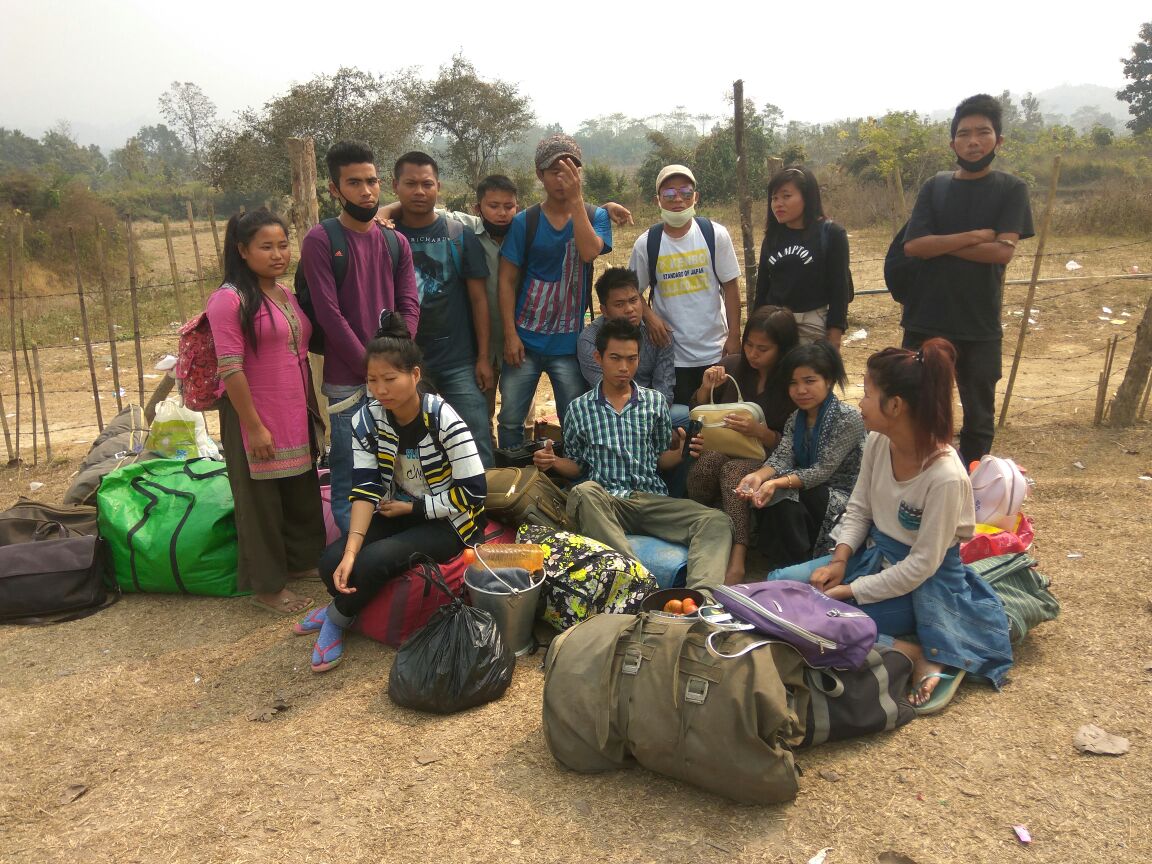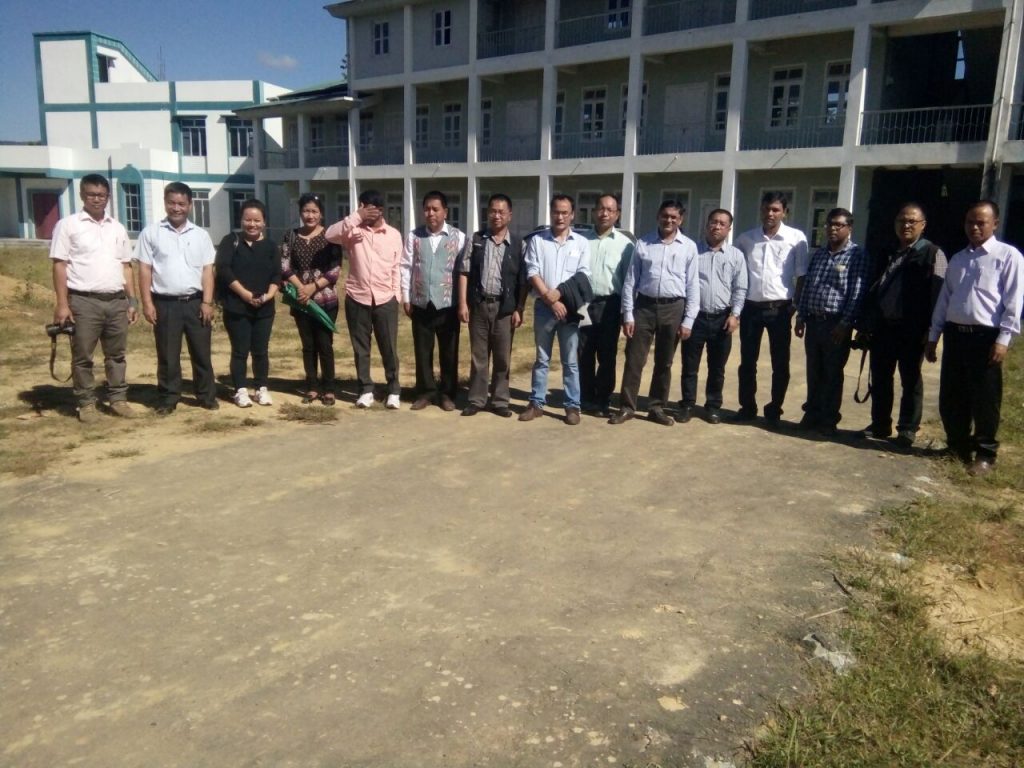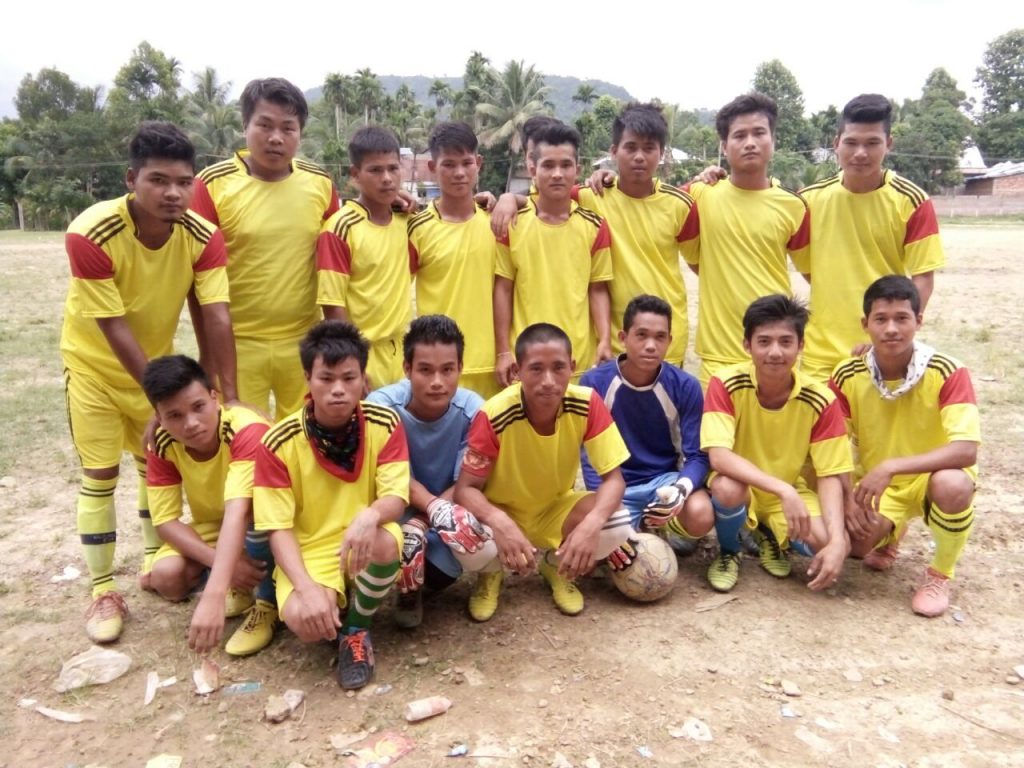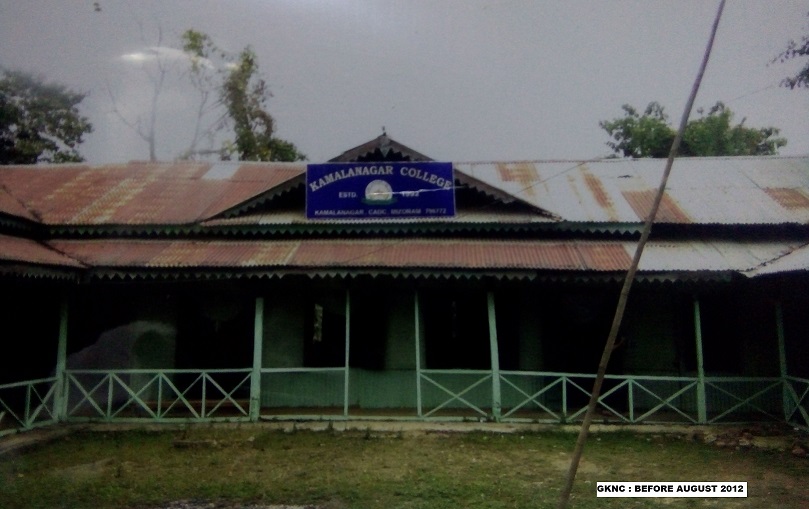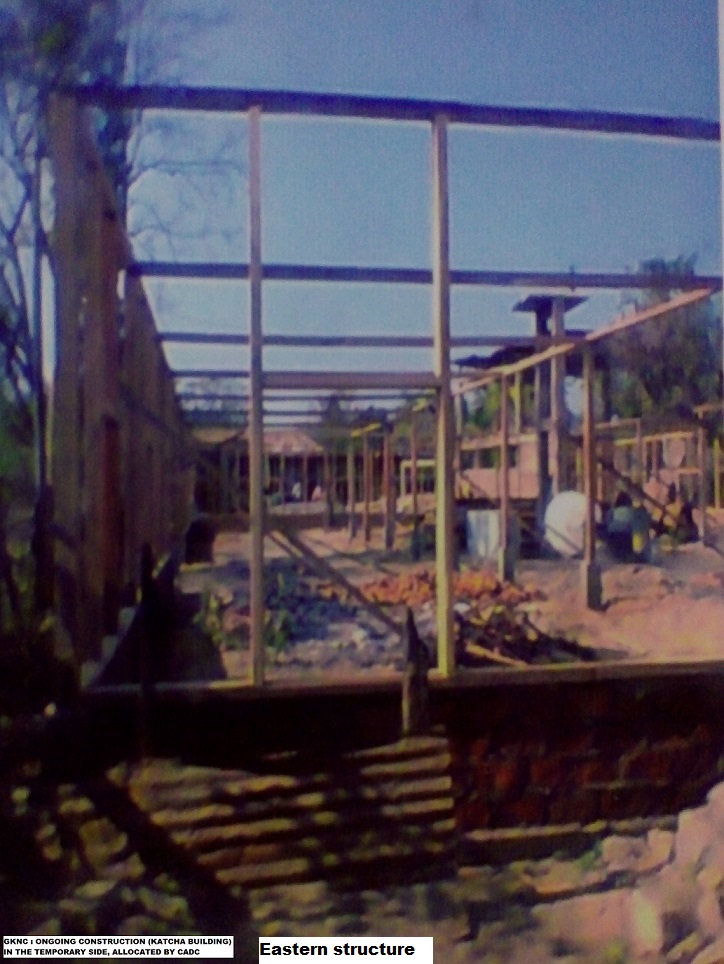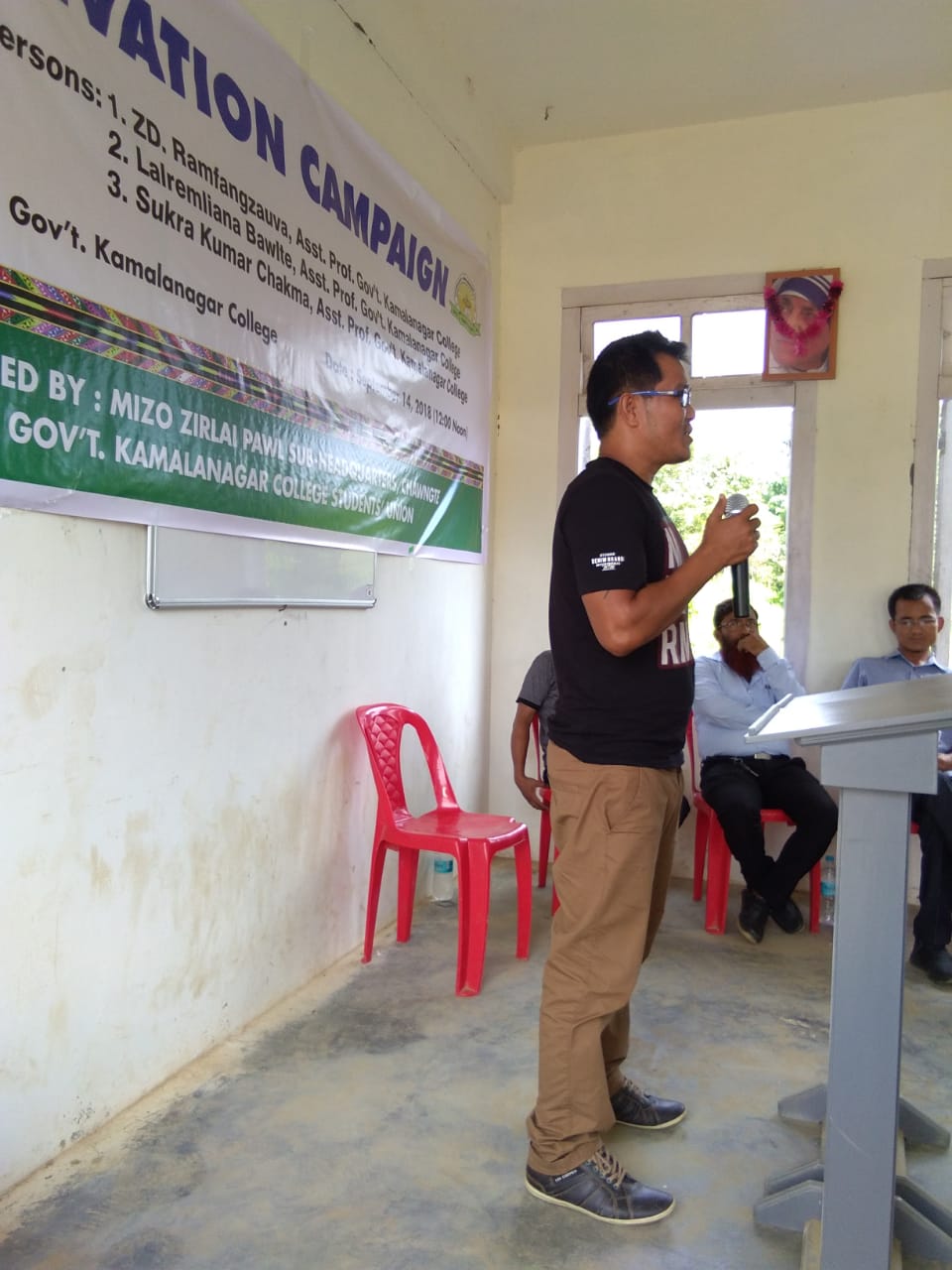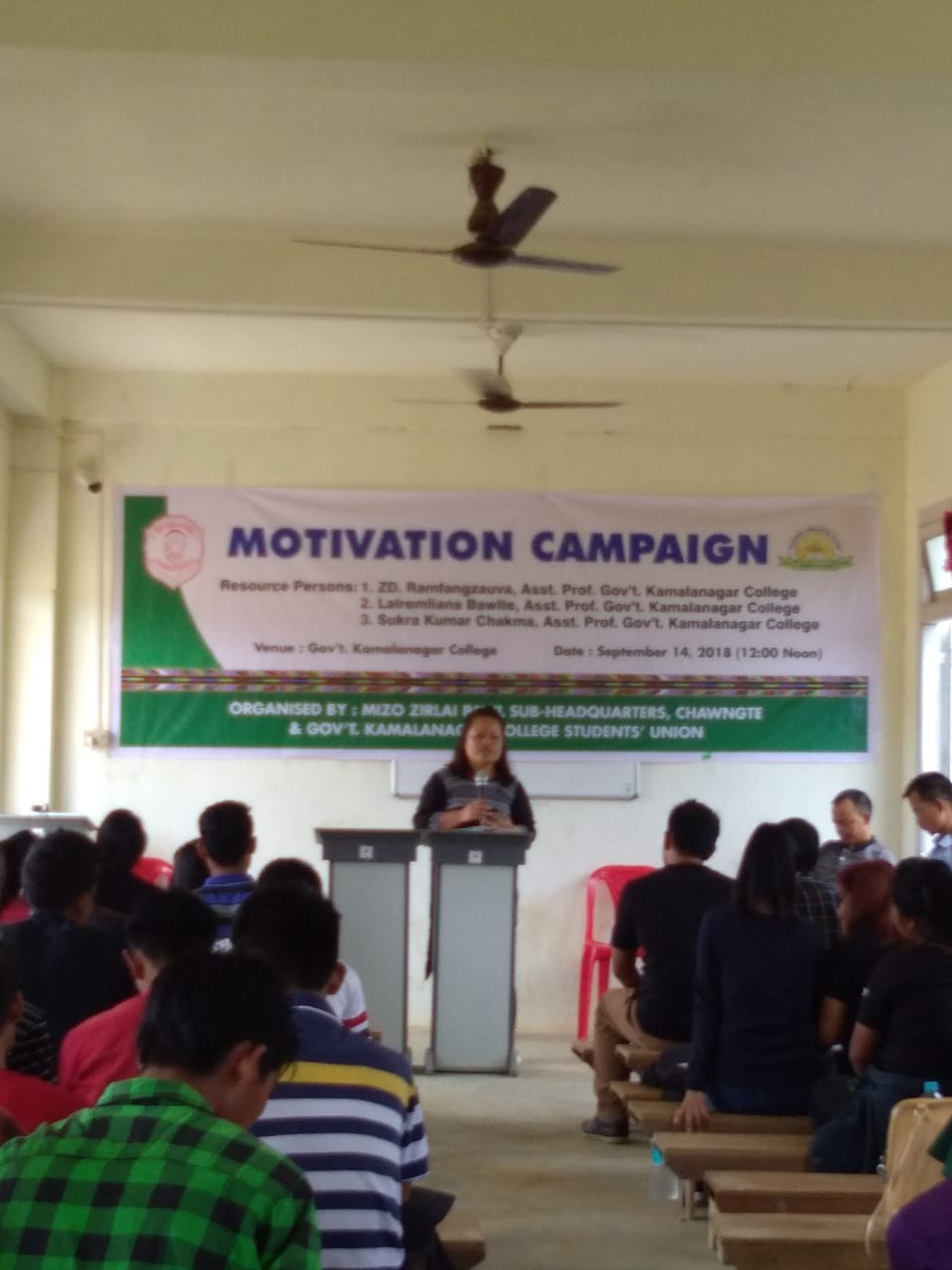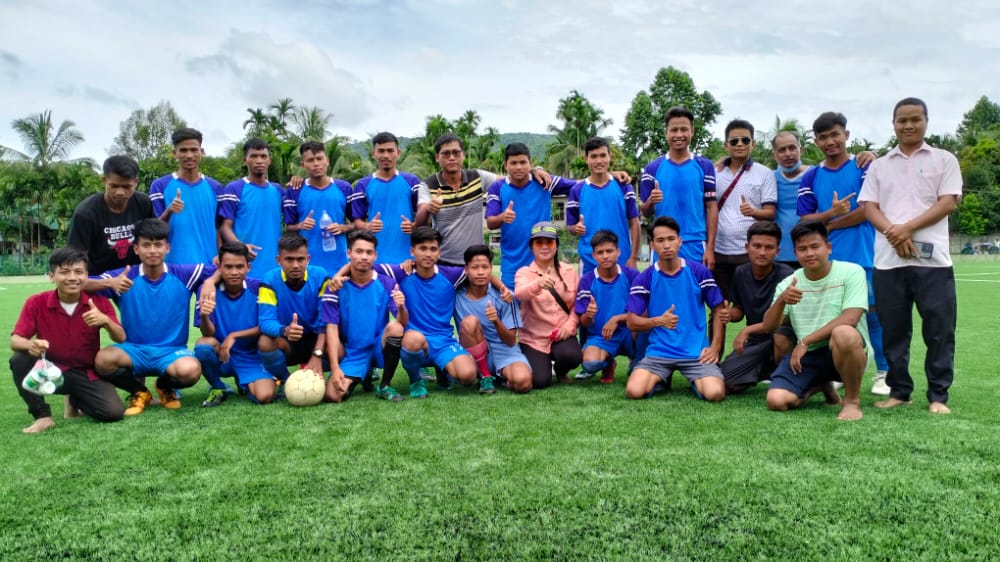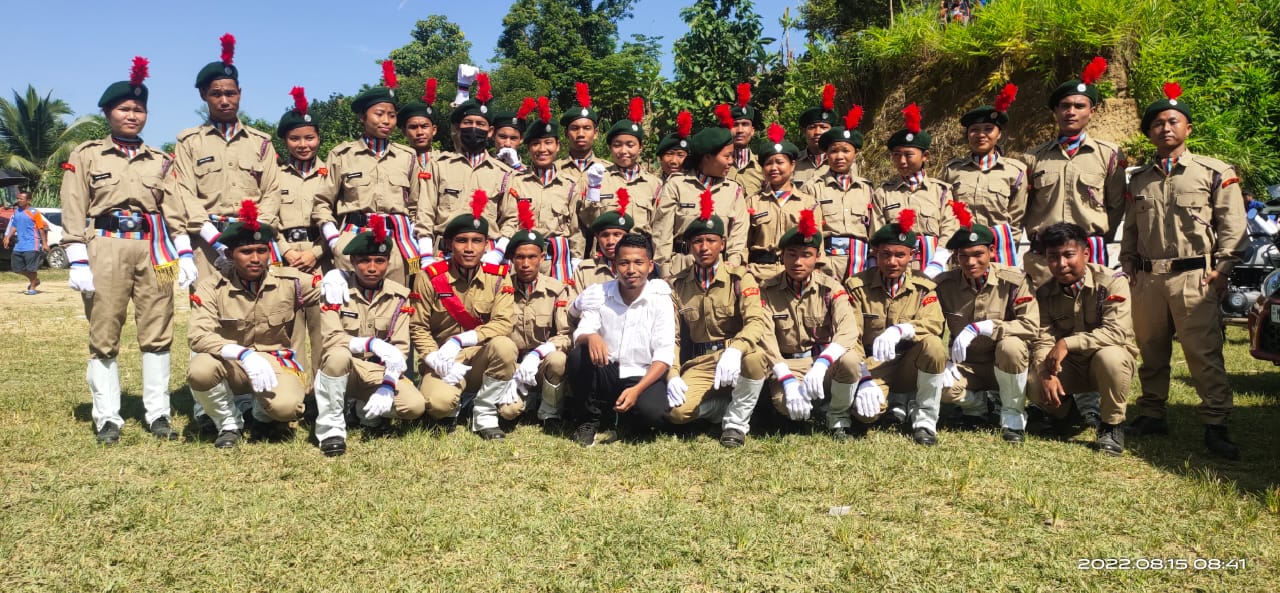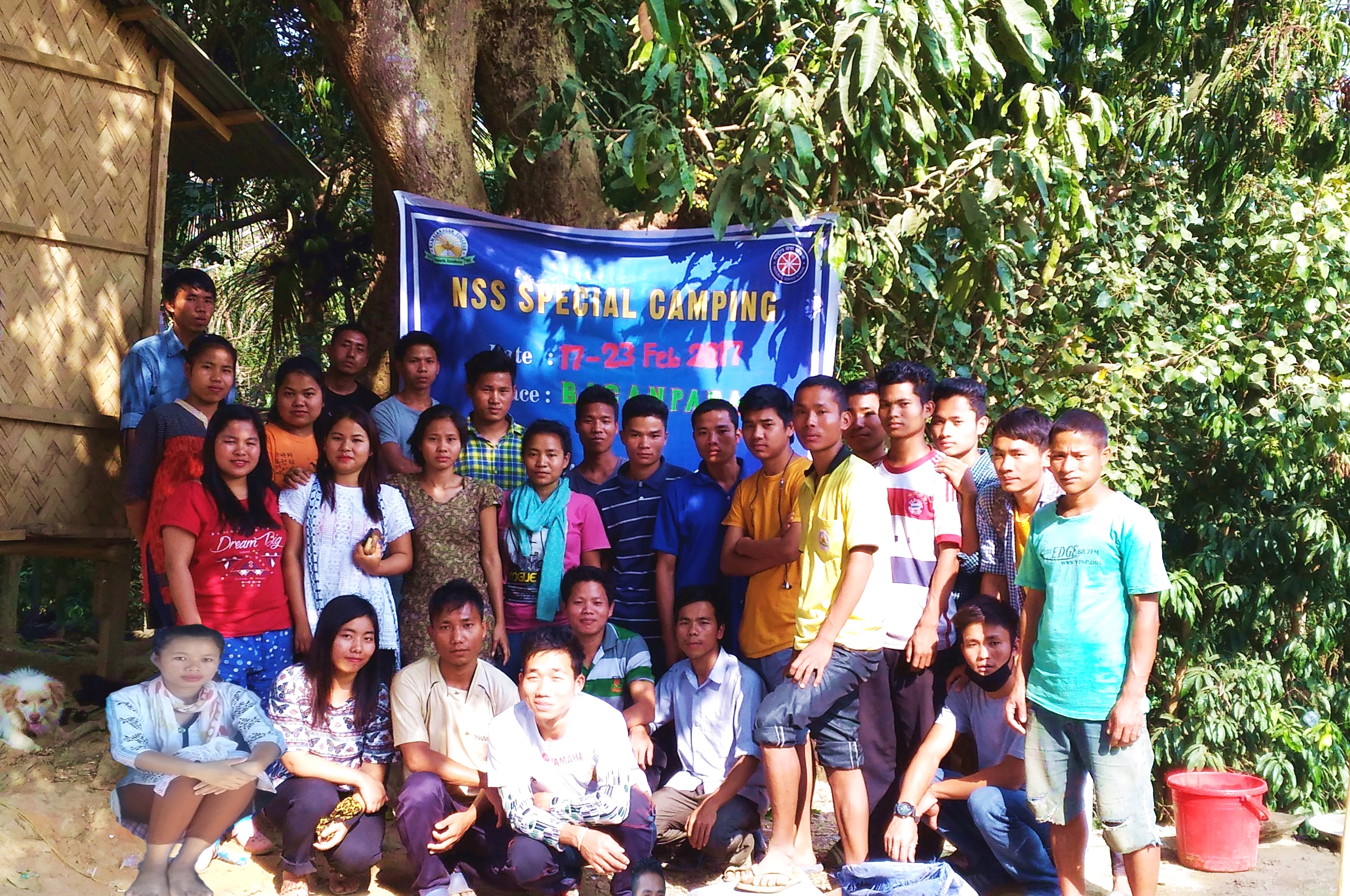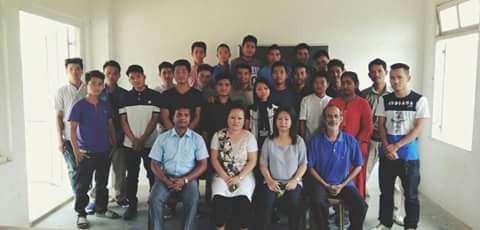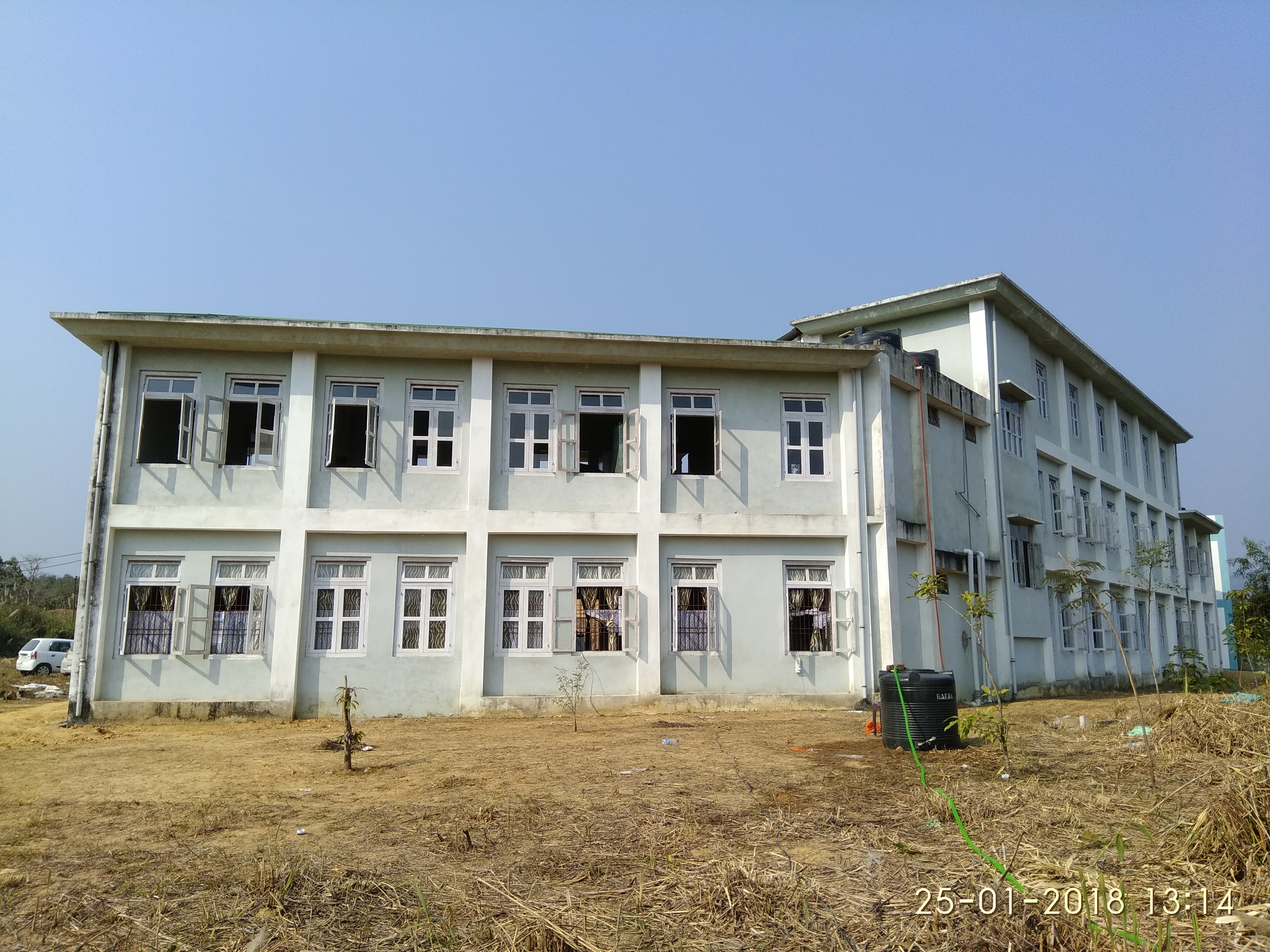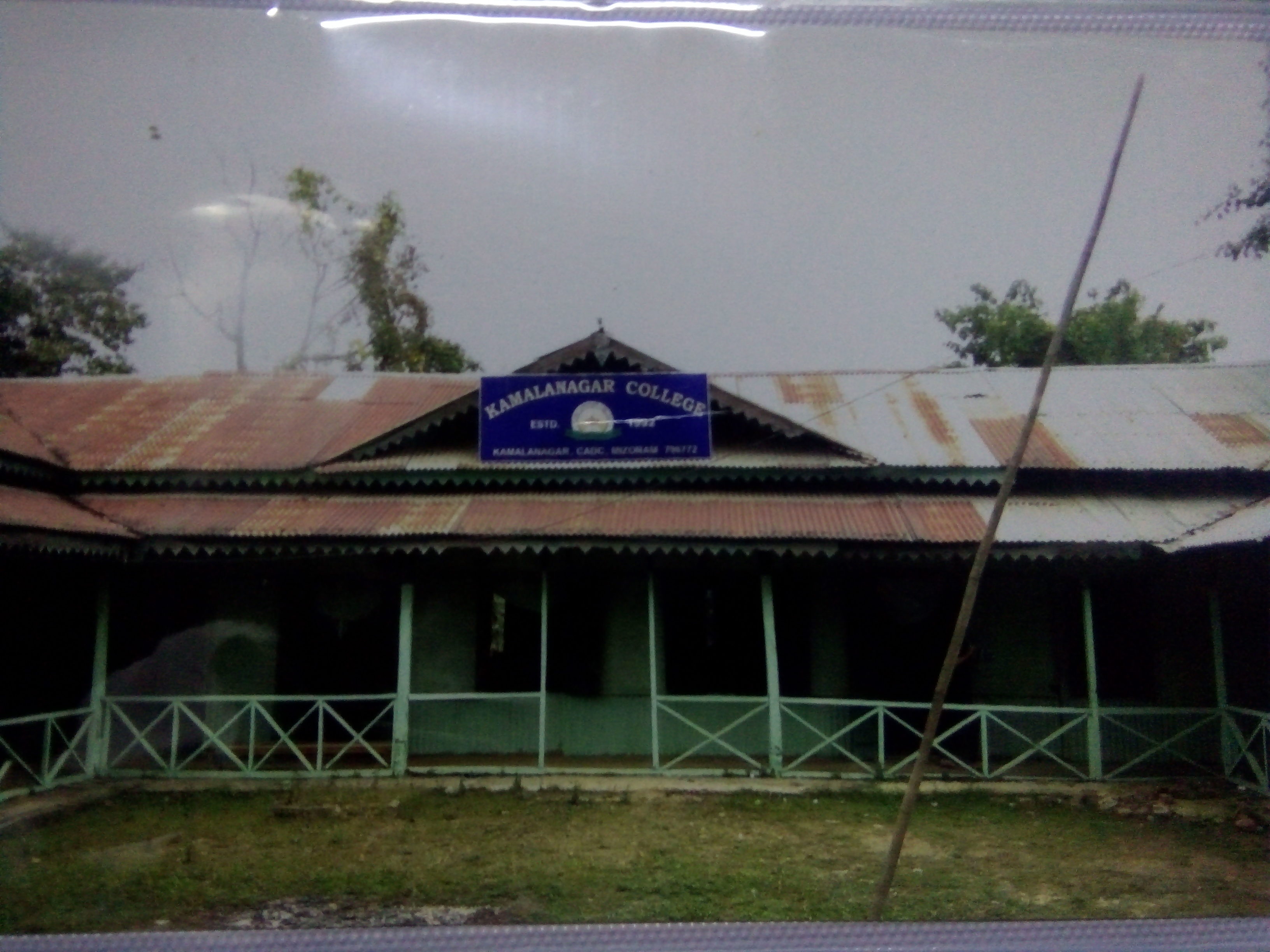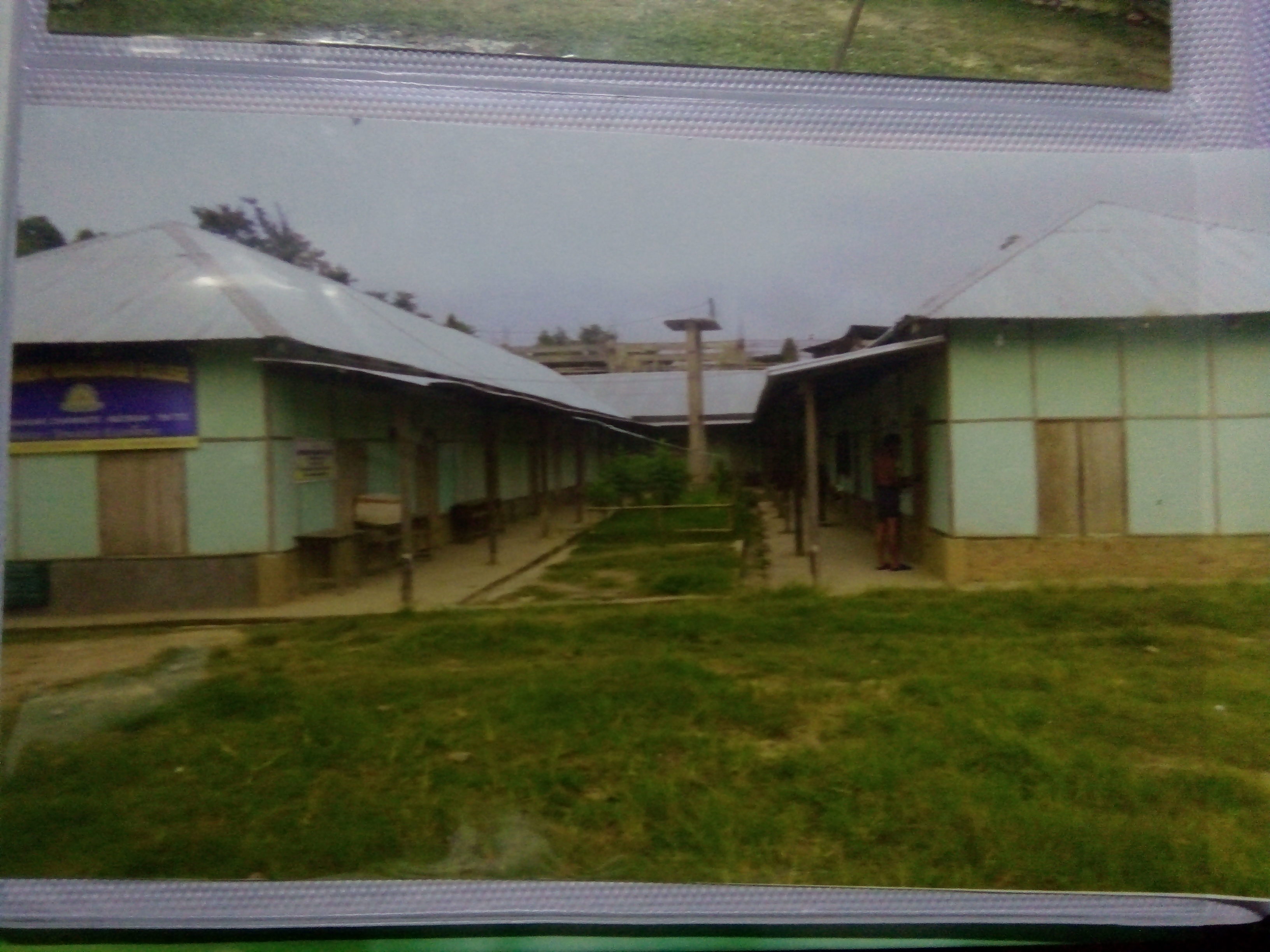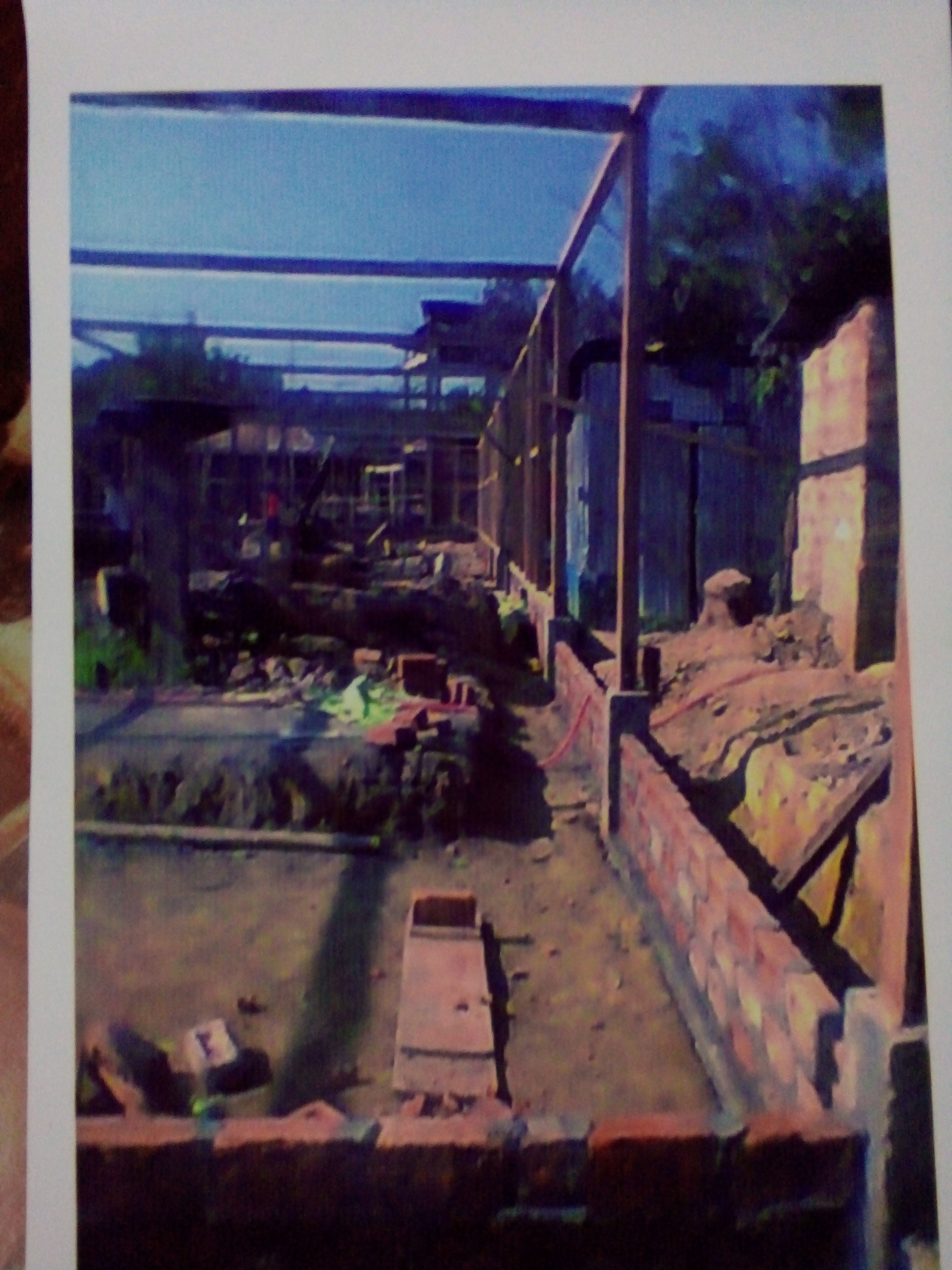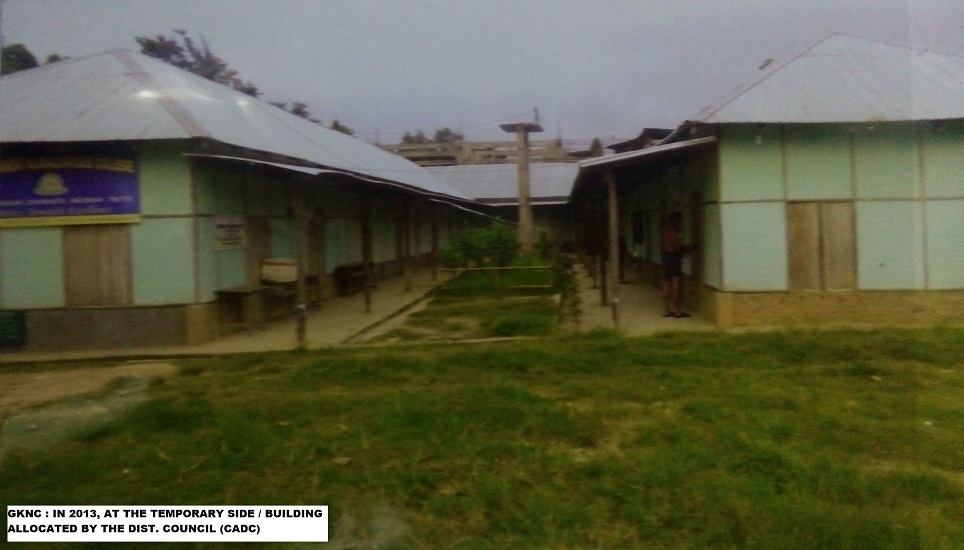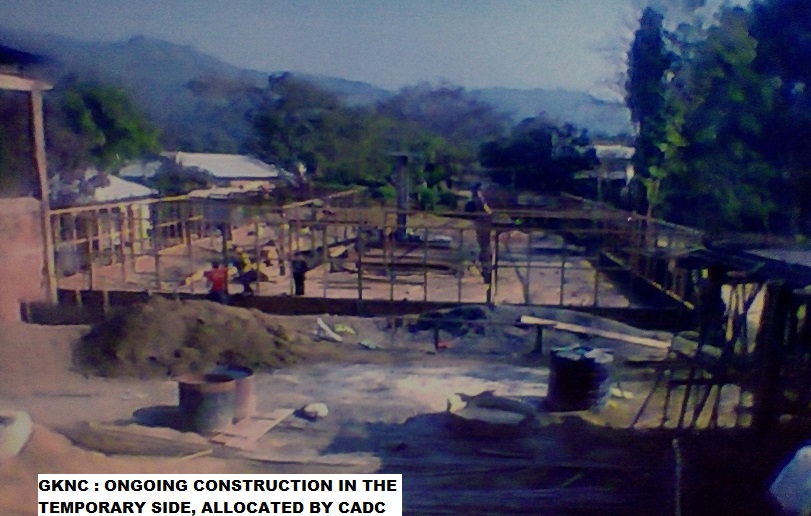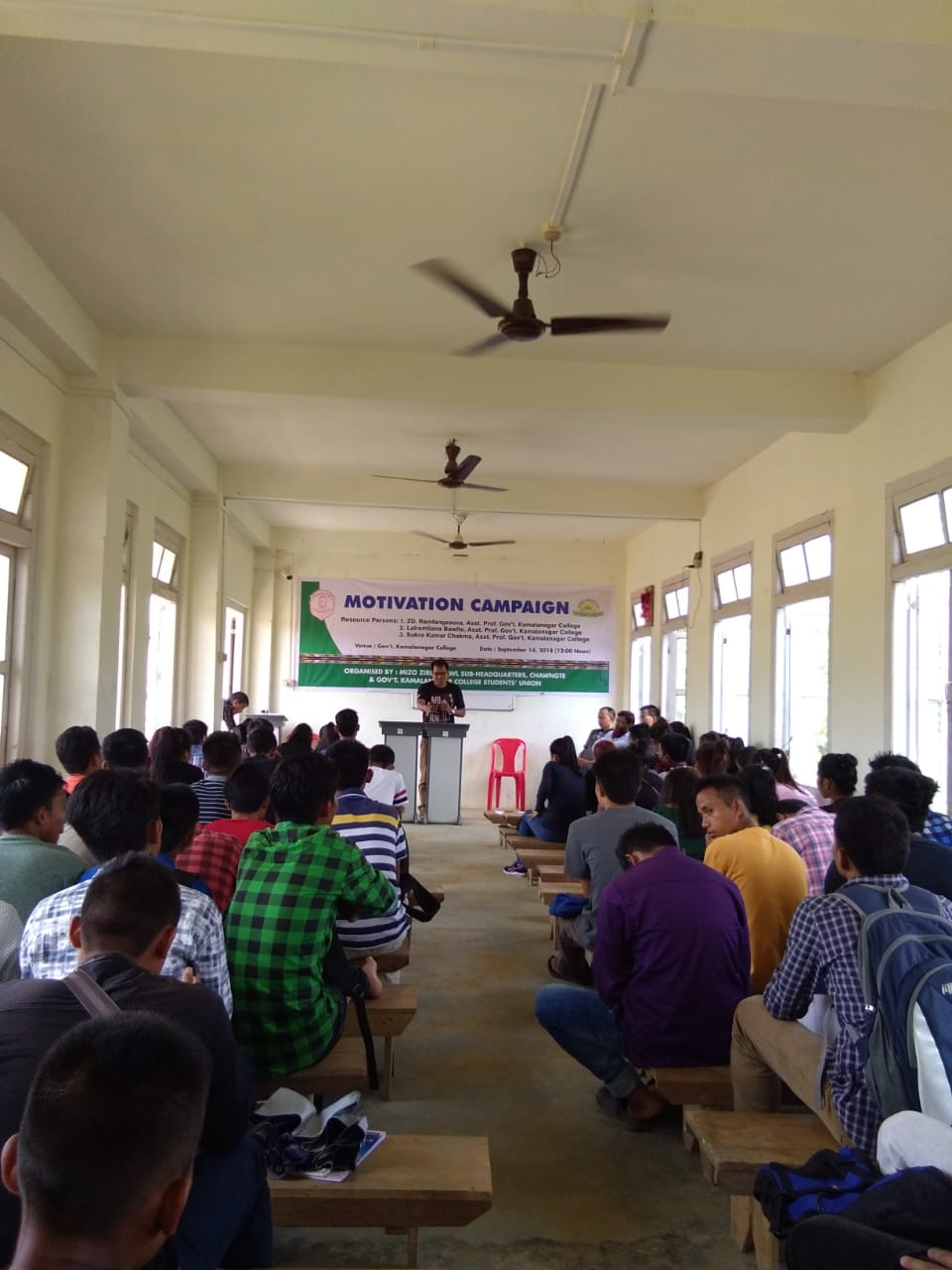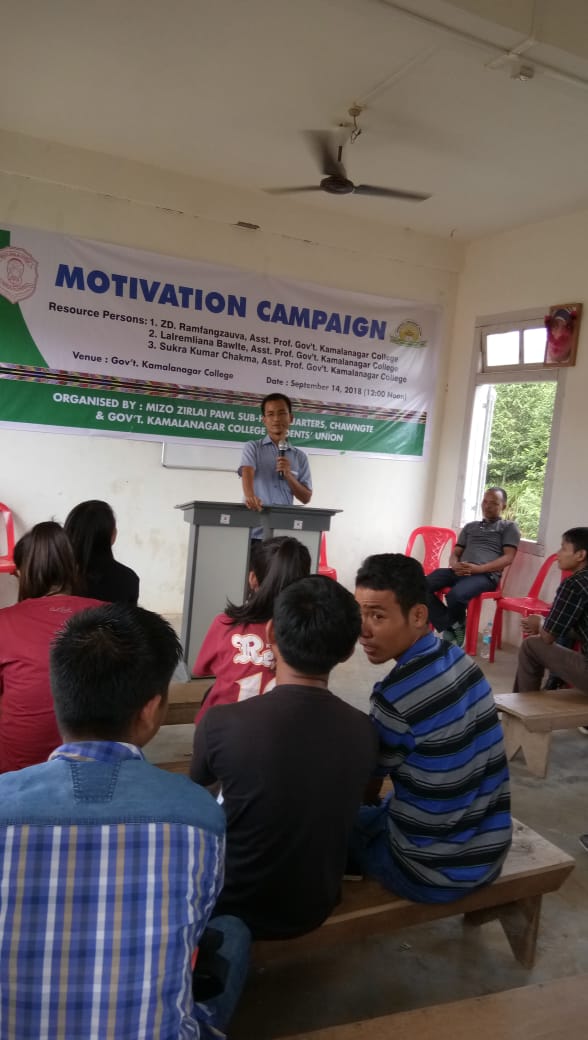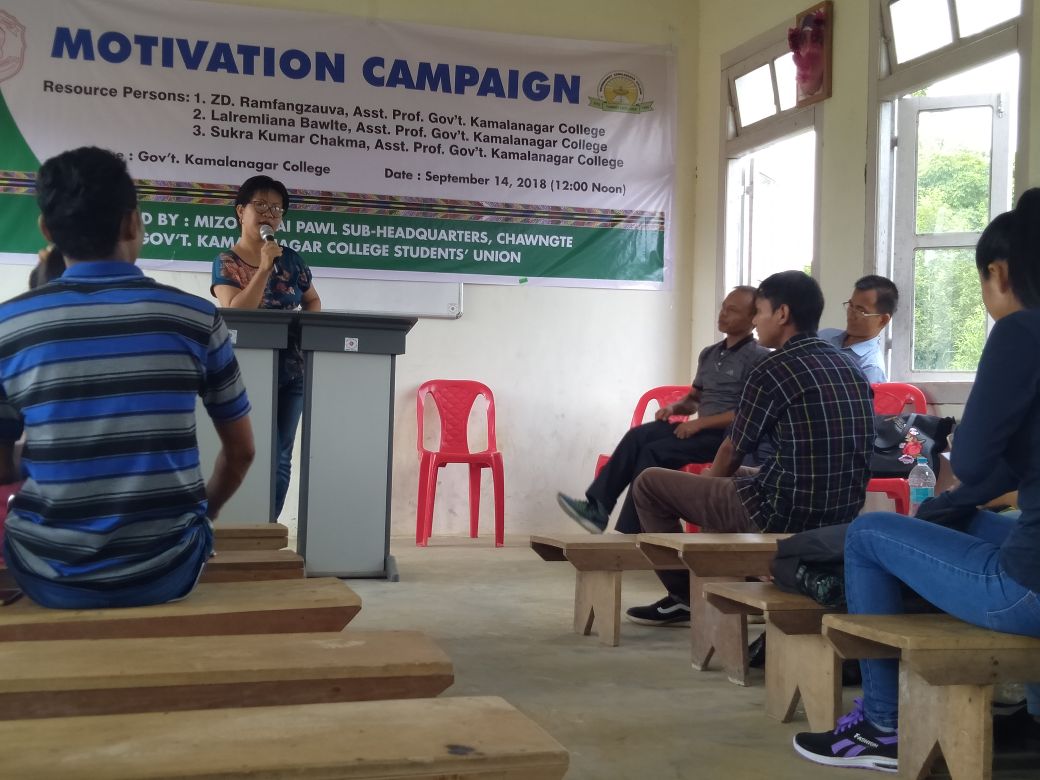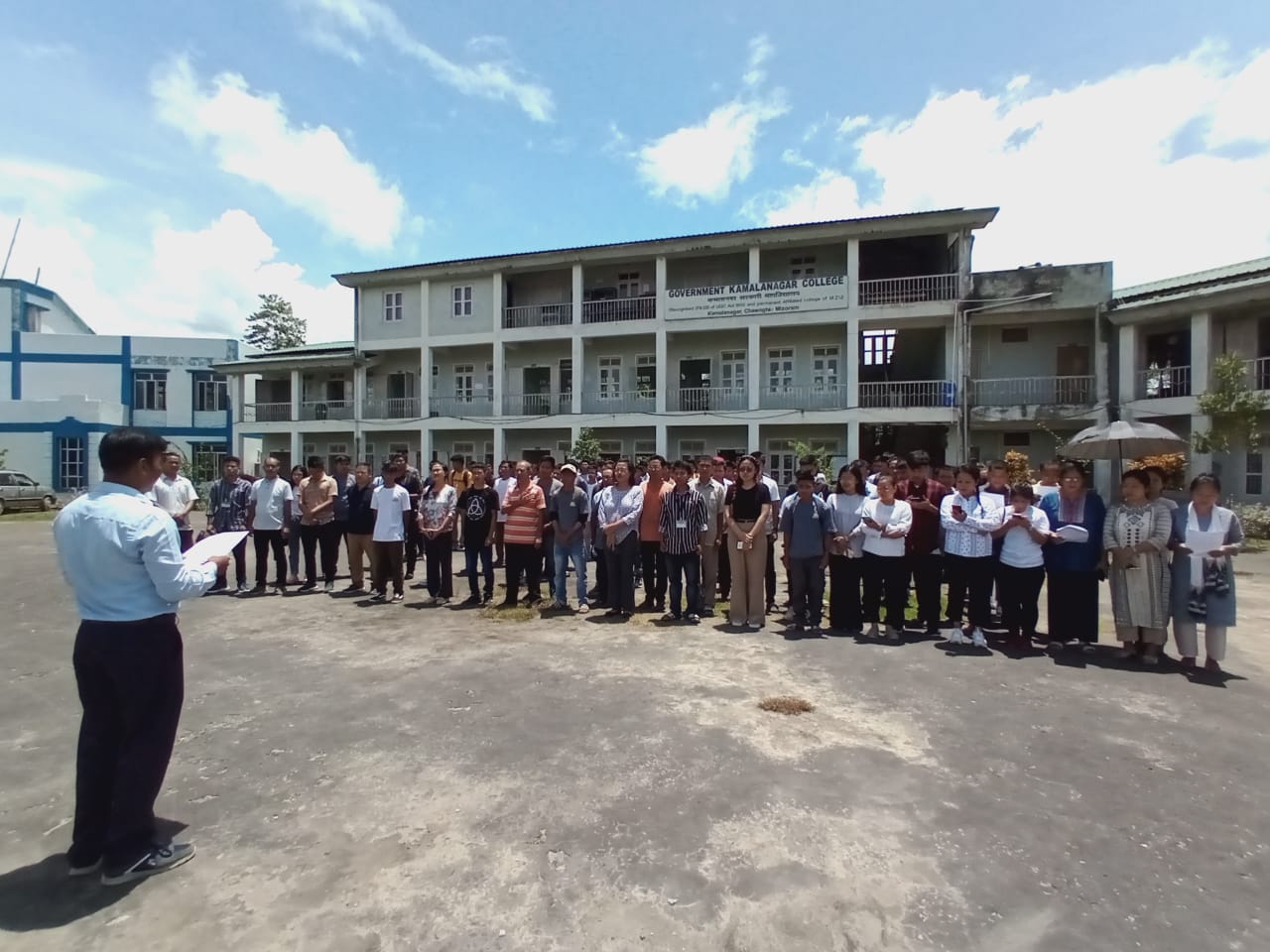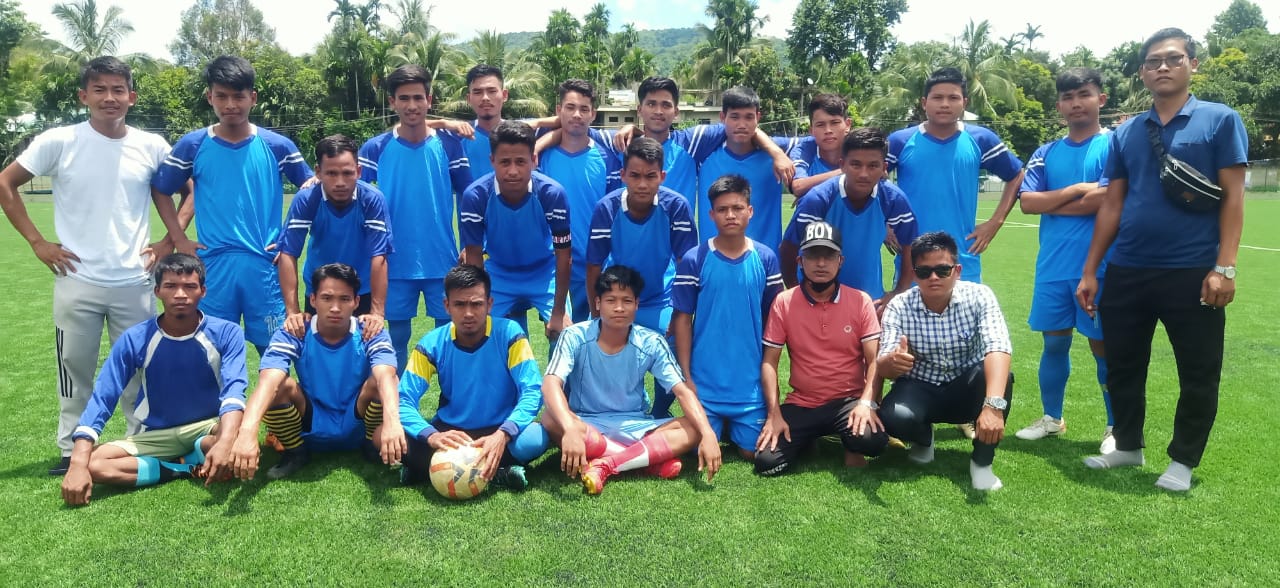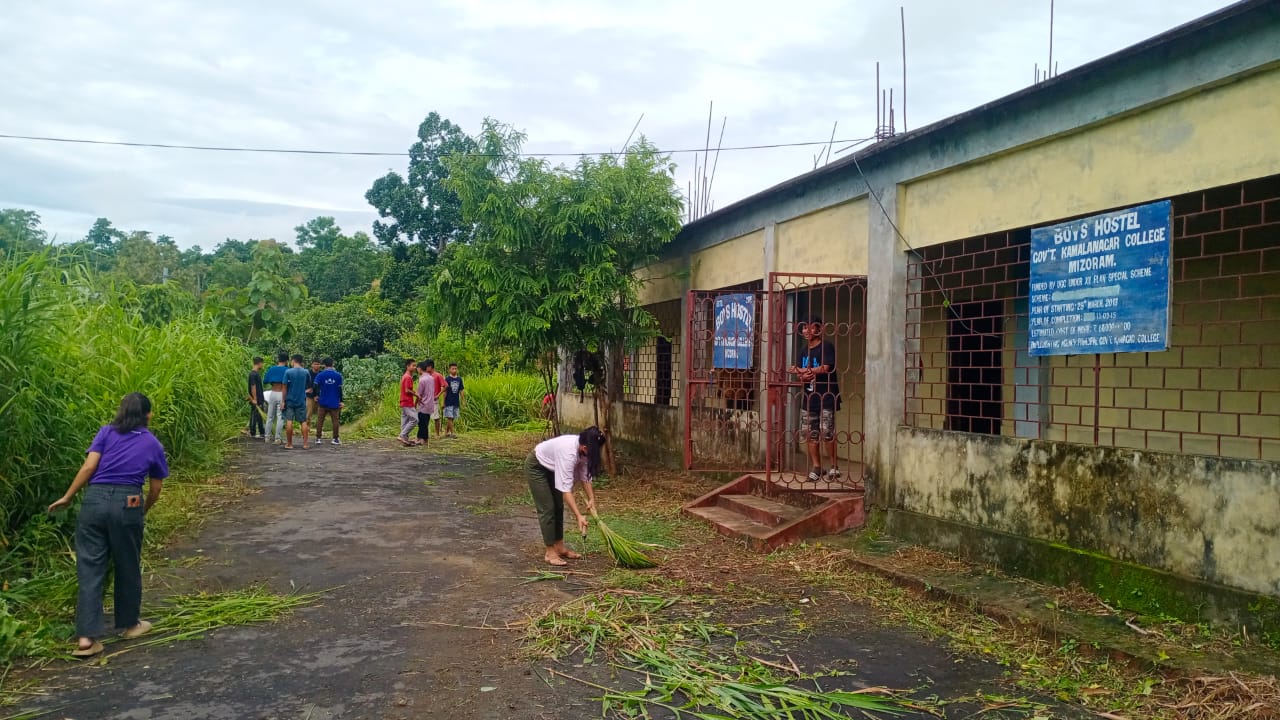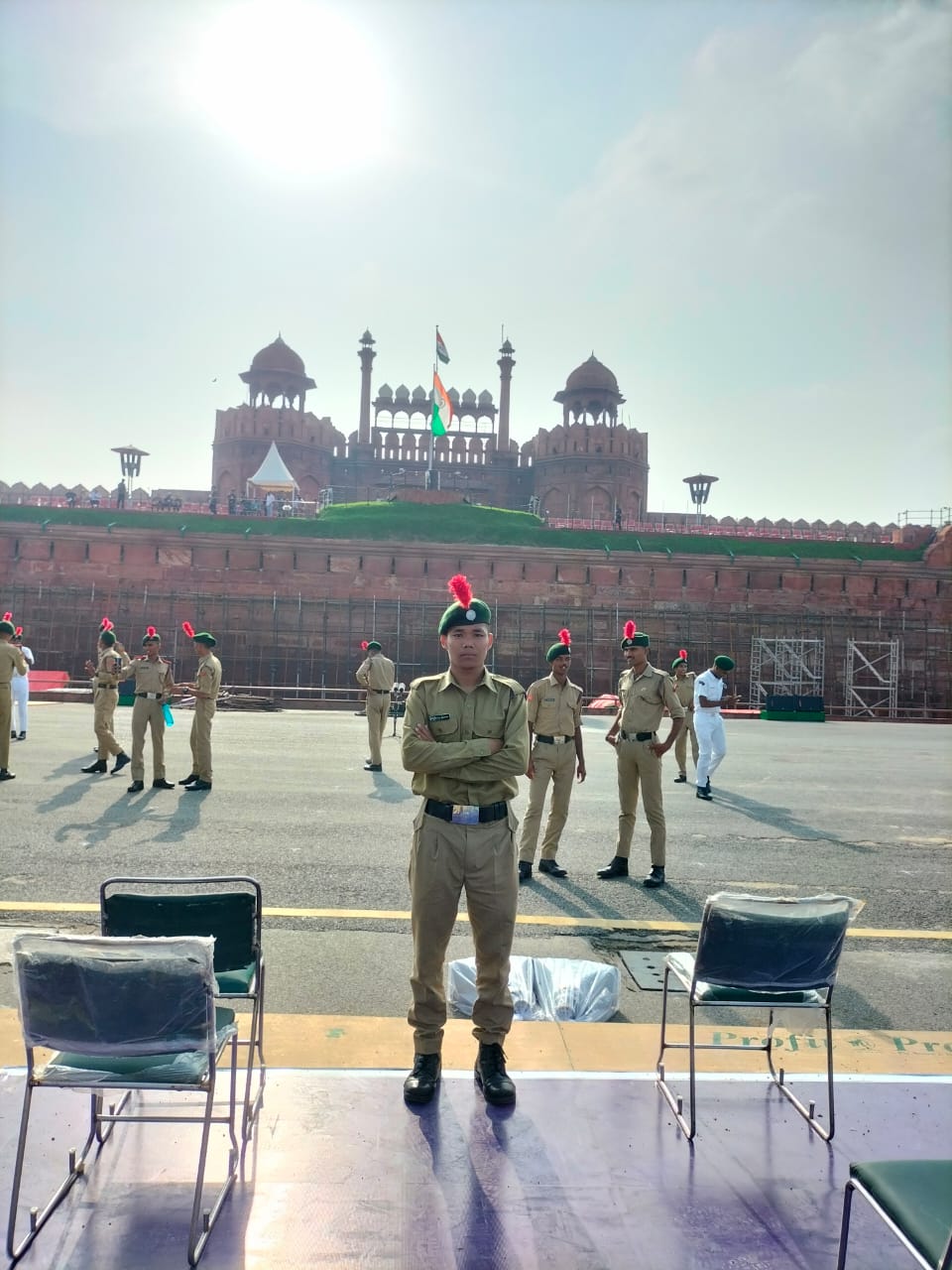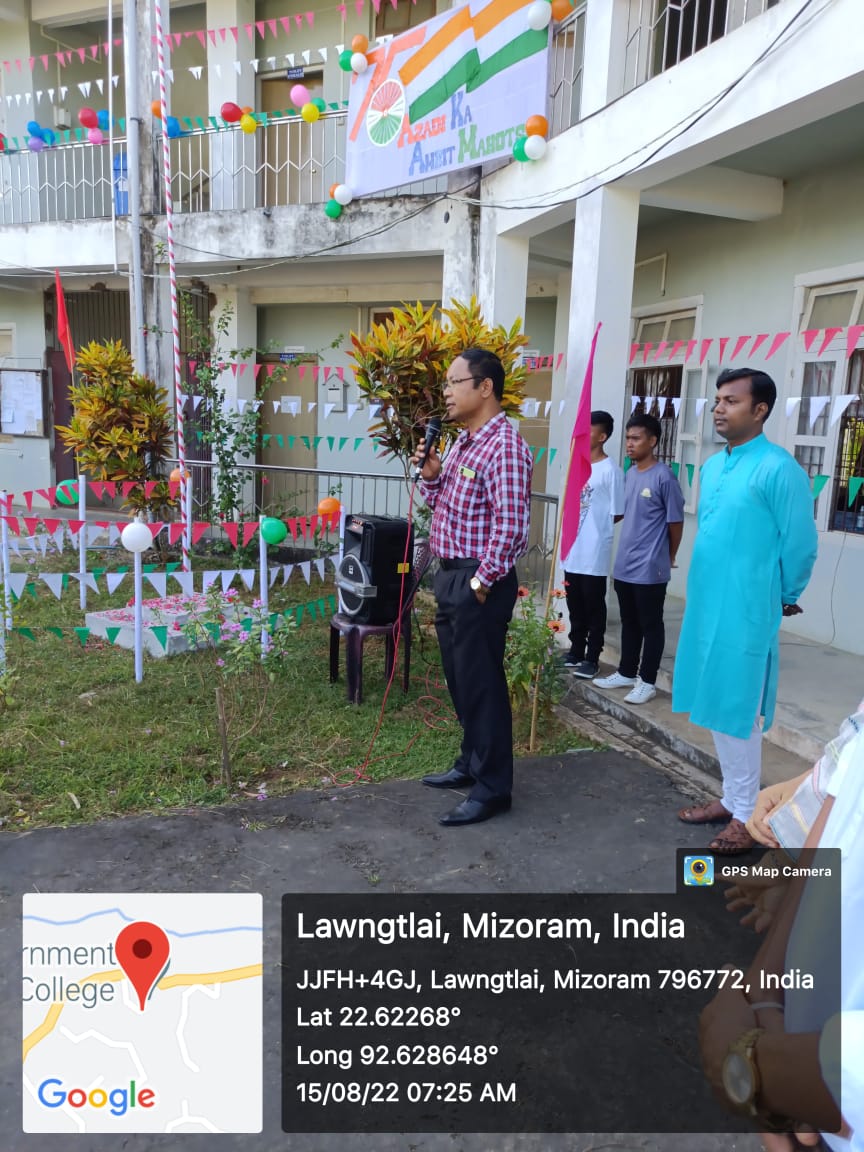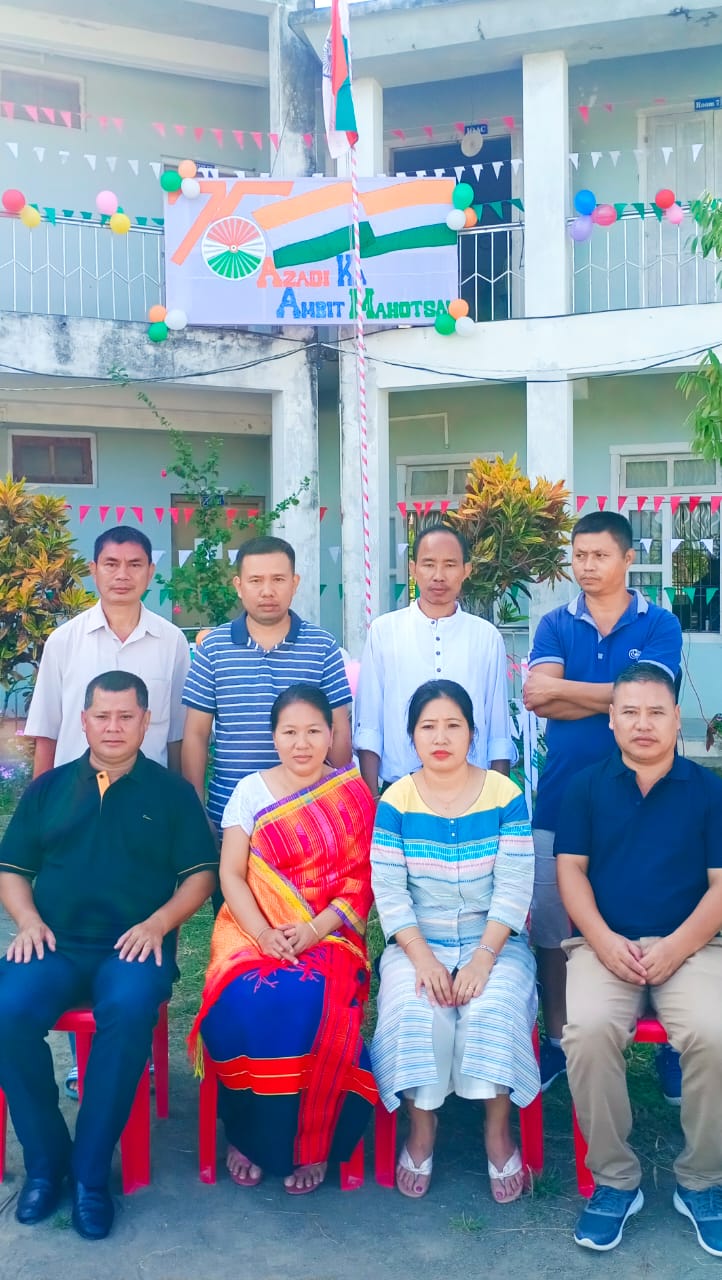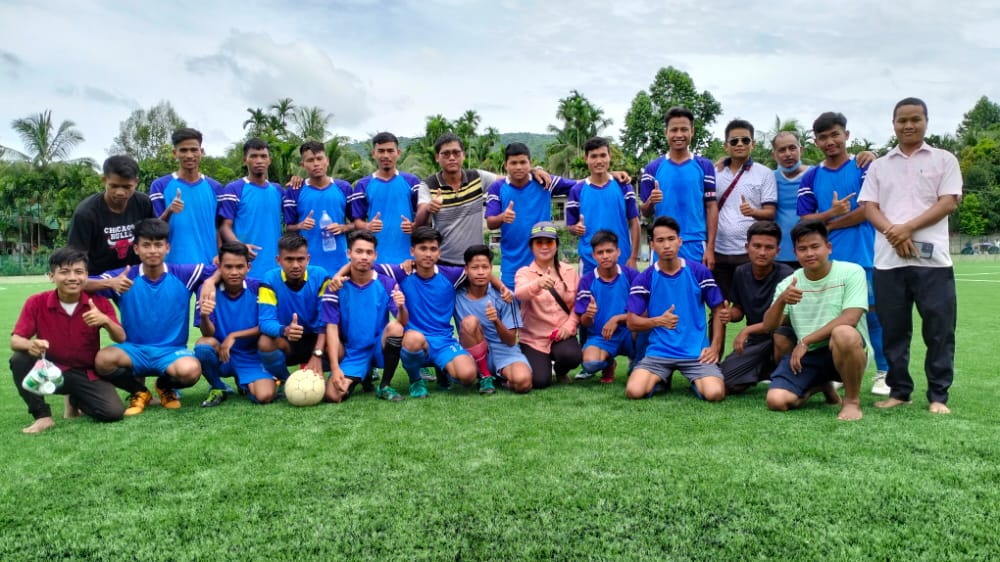PAPER – IV
(Public Personnel Administration)
TRAINING AND DEVELOPMENT IN INDIA
The dictionary meaning of training is instruction and discipline in a particular art, profession or occupation. It is a conscious effort made to improve or increase an employee’s skill, powers, or intelligence and to develop his attitudes and schemes of values in a desired direction.
In public administration, training is considered as an essential effort to give knowledge to the aspirants of the government jobs. Both Private administration and Public administration has a clear focus on efficiency and economy in their routine tasks. According to William G. Torpey, training is “the process of developing skills, habits, knowledge, and aptitudes in employees for the purpose of increasing the effectiveness of employees in their present government positions as well as preparing employees for future government positions.” It is a purposeful effort to provide for increased competence in the public services by imparting professional knowledge, broader vision, and right patterns of behaviour, habits and aptitudes.
Aims and Objectives
The core aims and objective of training is efficiency, to increase the effectiveness of the work of the officials for the purposes of administration. Efficiency has two important aspects, they are, Technical efficiency and improvement of Morale. It is evident that training succeeds in attuning the employee to the central purpose of organisation. According to the Assheton Committee, 1944, the objective of training are :-
To produce reliable work skill in the employee’
Flexibility, i.e., to attune the public servant to the tasks in a changing world.
To save him from mechanization by making him community conscious.
To fit him for higher duty and responsibility, and
To broaden the mind of the trainee, and to inculcate the basic principle that he is a public servant and not a master.
Types of Training
Formal and Informal Training – Informal training is training by experience which the employees gradually acquires in the course of the actual doing of the work, it is also called trial and error methods. On the other hand, formal training is carefully prearranged and conducted under expert guidance and assistance to the employee.
Short term and Long term training – It is a matter of the duration of the training course
Pre entry and Post entry training.
PROMOTION
Meaning: The word ‘Promote’ is derived from the Latin expression ‘promovere’, meaning to move forward. According to the dictionary, promote refers to elevate or advance. Promotion is an advancement of the government servant to a higher grade. It is filling the higher posts by the fittest persons from within the service, and carrying a larger salary, duties and responsibilities. As a matter of principles, public interest is the main criteria in making promotions. At the same time, government the servants work with zeal, with the conviction that they shall be promoted to a higher status in future if they are accountable to their service. Besides, ones should noted that increase of pay by annual increments within the same scale already held is not promotion.
Types: There are two categories of promotion (1) from a lower grade to a higher grade within the same class, eg clerical; (2) from one class of the service to a higher class eg from class II to class I, or from the clerical class to administrative class.
Promotion of the former category are usually left to the discretion of the head of the department concerned, but in class to class promotion, sanctions from the appropriate authority is required, eg., Public Service Commission.
Principles of promotion: There are three principles of promotion (1) Seniority; (2) Merit; (3) Seniority cum fitness.

